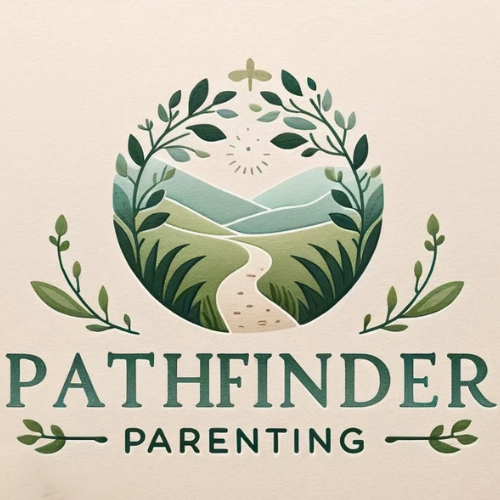You, as a parent or caregiver, may wonder about the signs and symptoms of learning disabilities in children. In this whimsical and informative blog post inspired by the spirit of Dr. Seuss, we will explore the early indicators that can help you identify and support children who may be struggling with learning challenges. Let’s begin on this journey together to better understand how to recognize and address these issues with compassion and knowledge!
Key Takeaways:
- Early Recognition: It is crucial to recognize signs and symptoms of learning disabilities in children as early as possible to provide appropriate support and intervention.
- Varied Presentations: Learning disabilities can manifest in various ways such as difficulties with reading, writing, math, and organization skills, leading to a range of challenges in academic and social settings.
- Need for Evaluation: If a child consistently struggles with certain tasks or shows signs of learning difficulties, it is important to seek a comprehensive evaluation by educational and healthcare professionals to determine the presence of a learning disability.
Identifying Early Signs
Delays in Speech and Language Development
Speech and language development is often a good indicator of a child’s overall development. If you notice that your child is having trouble with pronunciation, forming sentences, or understanding words, it could be a potential sign of a learning disability. Early intervention is key to helping your child overcome these challenges.
Difficulty with Reading and Writing Skills
Signs of difficulty with reading and writing skills can include struggles with letter recognition, sounding out words, or forming letters correctly. Your child may avoid reading or writing tasks, display frustration, or show a lack of interest in books. It’s important to address these signs early on to provide the support and resources your child needs to succeed academically.
Behavioral Indicators
Frustration and Avoidance of Academic Tasks
Little ones with learning disabilities may show signs of frustration and avoidance when faced with academic tasks. You might notice them becoming easily overwhelmed or upset when attempting to complete schoolwork. This can lead to a reluctance to engage in learning activities.
Struggles with Organization and Time Management
Little, you may feel frustration and confusion when trying to keep things organized or manage time effectively. This can manifest as difficulty in following instructions, keeping track of assignments, or meeting deadlines. You might observe your child struggling to maintain order in their schoolwork or daily routines.
Behavioral indicators of learning disabilities can also include forgetfulness, losing items often, or constantly running late. If you notice these patterns persisting, it may be beneficial to seek guidance from educational professionals or healthcare providers for further evaluation and support.
Physical and Sensory Clues
Difficulty with Fine Motor Skills and Hand-Eye Coordination
Skills like tying shoelaces or drawing can be tough for you. Difficulty with fine motor skills might mean your child has trouble with tasks that require precision and hand-eye coordination.
Sensitivity to Light, Sound, or Touch
For you, sensitivity to light, sound, or touch can be overwhelming. Bright lights, loud noises, or certain textures may make your child feel anxious or uncomfortable.
Motor coordination may also be a challenge for children with learning disabilities. They may struggle with balance, spatial awareness, or activities that require coordinated movements, like riding a bike or catching a ball.

Red Flags in Social Interactions
Trouble with Social Cues and Nonverbal Communication
Not picking up on subtle social cues or understanding nonverbal communication can be a sign of a learning disability. Children may struggle with interpreting facial expressions, body language, or tone of voice.
Difficulty with Building and Maintaining Friendships
Any challenges in forming and keeping friendships could indicate a learning disability. Your child might find it hard to initiate conversations, join group activities, or understand the unwritten social rules of making and keeping friends.
A lack of close friendships or difficulty in relating to peers may lead to feelings of isolation or exclusion for your child. It’s important to provide support and resources to help them navigate social interactions and develop meaningful connections with others.
To wrap up
Learning disabilities can be challenging to identify, but by knowing the signs and symptoms, you can recognize early indicators in children. From struggles with reading and writing to difficulties with math or organizing tasks, early detection is key to providing the necessary support and resources for a child’s success. By understanding these clues, you can help your child navigate their unique learning journey with patience, understanding, and the right tools to overcome any obstacles they may face.

